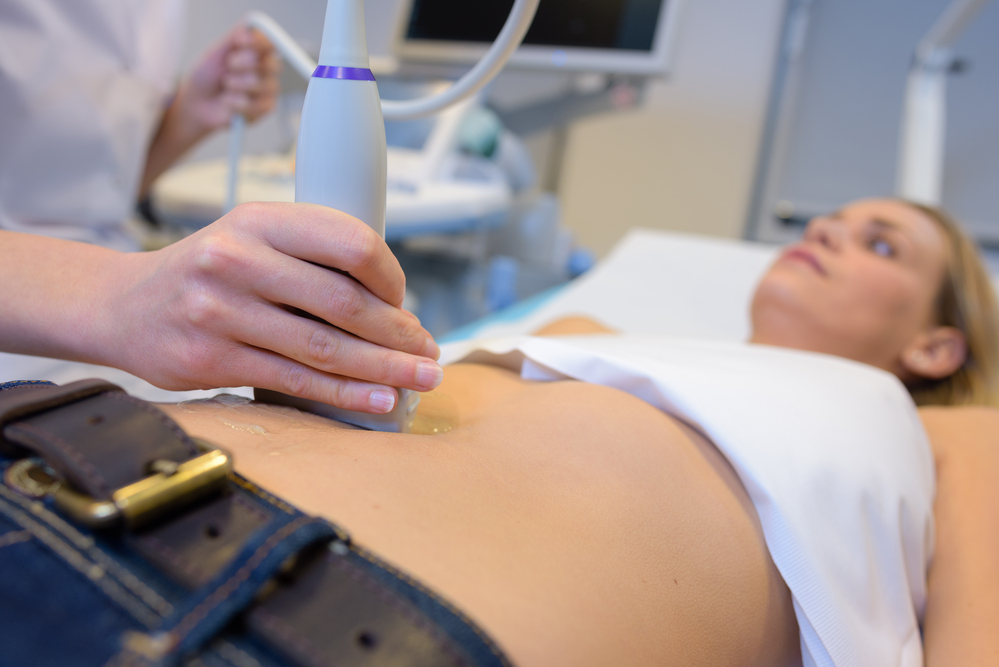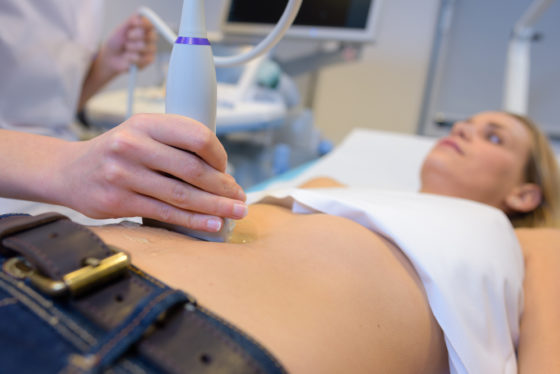Dutch stillbirth rate more than halves, Unicef says in new report


The number of stillbirths in the Netherlands has more than halved over the past 20 years, according to a new report from UN children’s organisation Unicef.
In 2000, around 1,000 babies were born dead every year, but that has now gone down to around 400, the agency said. The reduction is due to a variety of measures, but has been helped in particular by an increased focus on vulnerable women and the importance of a healthy lifestyle, Unicef said.
A stillbirth is defined in the report as a baby born with no signs of life at 28 weeks of pregnancy or more.
Unicef says almost two million babies are stillborn every year – or 1 every 16 seconds. The vast majority of stillbirths, 84%, occur in low- and lower-middle-income countries in sub-Saharan Africa or Southern Asia.
First year
At the end of last month, national statistics agency CBS said efforts to reduce the number of babies dying in the Netherlands before their first birthday have also had an effect, with the death rate shrinking from 5.1 babies per 1,000 live births to 3.6 over the past 20 years.
Last year, 617 of the 170,000 babies born in the Netherlands died before reaching the age of one, compared with around 1,000 at the turn of the century. In three-quarters of baby deaths, the child dies in the first 28 days of life.
Thank you for donating to DutchNews.nl.
We could not provide the Dutch News service, and keep it free of charge, without the generous support of our readers. Your donations allow us to report on issues you tell us matter, and provide you with a summary of the most important Dutch news each day.
Make a donation